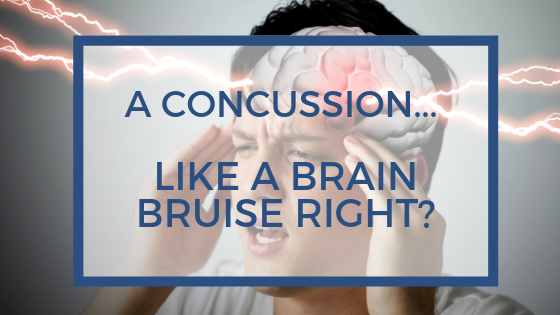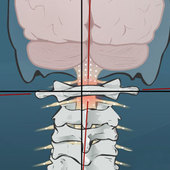- Home
- Looking For Help
- Team
- Community Initiatives
- Blogs
- Contact
- For Health Professionals
Simple tips for reducing stress and improving your sleep.
The importance of a good night’s sleep can hardly be overstated. Our mental resilience, mood, and even physical comfort can all be affected by the amount and quality of sleep that we experience. It has been suggested that cardiovascular disorders, metabolic effects, depression, learning problems, and other negative health problems can be the result of poor sleep quality. It is about more than just getting 8 hours of shut eye; to really understand how to maximize the benefits of sleep, we need to focus on the science behind it.

What controls our sleep cycles?
Two particular hormones are responsible for waking us up in the morning and making us feel alert: cortisol and adrenaline. Cortisol is released from the adrenal cortex early in the morning (and periodically throughout the day), but of special importance is that the release of cortisol triggers an internal timer that will dictate when melatonin will be released, which is about 12-14 hours later. Melatonin is what makes us feel sleepy and fall asleep, so having it released at the appropriate time is very important. This cycle occurs naturally, with or without light, but it is also built so that external factors can influence and govern it.
The most important environmental factor that will trigger your brain as to whether you should be asleep or awake, is light. Ideally we should wake up with sunlight; sunlight triggers the retinal ganglion cells in our eyes to send a signal to our suprachiasmic nucleus to start the above-mentioned cycle, which is part of the circadian rhythm. If it is not triggered properly, it will mess up the cortisol and melatonin rhythm and can disrupt sleep cycles. These retinal ganglion cells respond best to a particular quality and amount of light which is found at sunrise (even in cloudy weather) and lasts for about an hour while the sun is at a particular angle that projects a lot of blue and yellow light. If those cells do not have the opportunity to trigger the cortisol release properly, the cycle will then be set for a later time. This off-set of the circadian rhythm has been linked to depression and mood disorders.
Get outside!
 Did you know that it is up to 15 times less effective to see sunlight through a window? Many sleep specialists say that it is best to be exposed to natural, morning sunlight outside without sunglasses (although not looking directly at the sun, of course). It does not take long, about 30 seconds in the summer and 2-3 minutes during the other seasons, to help set this cortisol-melatonin rhythm. If you are like many people, your typical morning routine might be to wake up, check your phone, get ready, then hop on the computer or into your car, where you are only seeing sunlight through a window, and usually much later than is considered ideal. So pop outside in the morning, breathe in some fresh air, admire the morning light, and optimize your sleep cycle!
Did you know that it is up to 15 times less effective to see sunlight through a window? Many sleep specialists say that it is best to be exposed to natural, morning sunlight outside without sunglasses (although not looking directly at the sun, of course). It does not take long, about 30 seconds in the summer and 2-3 minutes during the other seasons, to help set this cortisol-melatonin rhythm. If you are like many people, your typical morning routine might be to wake up, check your phone, get ready, then hop on the computer or into your car, where you are only seeing sunlight through a window, and usually much later than is considered ideal. So pop outside in the morning, breathe in some fresh air, admire the morning light, and optimize your sleep cycle!
Interestingly, another thing that helps to anchor our circadian rhythm is the sunset. When the sun is at a lower angle in the sky (typically about an hour before sunset), this helps inform the suprachiasmic nucleus that it is the end of the day. Setting the circadian rhythm properly and consistently creates an anchor, and it can help to produce prolonged and consistent quality sleep.
Turn off the TV!
Another challenge that we face is that we have access to light, even after natural light is gone; this includes cell phones, tablets, televisions, computers, and light bulbs! Light that hits the retinal ganglion cells between 11:00 pm and 4:00 am activates a part of the brain called the habenula, which suppresses dopamine, a natural antidepressant and “feel-good” hormone. Neuroscientists explain that if you get light exposure once in a while between those hours it is okay, but consistent light exposure at those times may lead to anxiety, mood disorders, focus and learning issues, and metabolic disruption. Humans were designed to get higher UV light exposure in our eyes during the day and less during the night. The eyes and brain are very sensitive to light exposure at night, and well-renowned neuroscientist Andrew Huberman has said, “If you’re looking at your phone at 1:00 am, you might as well have flown to Abu Dhabi.”
Easy tips for a restful sleep
Takeaways for a good quality sleep are quite simple:
- Expose yourself to sunrise light for a few minutes upon waking
- Expose yourself to sunset light for a few minutes at the end of the day
- Strictly limit artificial light exposure between 11:00 pm and 4:00 am
- Try meditation; it is proven helpful to quiet the mind before bed
- Sleep in a room that is between 16-18 ⁰C (this helps with internal temperature regulation)
Remember that sleeping, like any other habit, requires time to become normalized in our daily lives. Set a goal to aim for improved sleep habits over a 30-day period, and see if optimizing your sleep hygiene helps with your energy and mood. Hopefully these suggestions help create a well-rested, productive, and happy you!

Dr. Mylène Hopf
NUCCA Chiropractic
The Vital Posture™ Clinic
Calgary, Canada
Fresh Air and Sunshine: Tips and tricks to get outside this winter!
For many people, summer inspires spending time outside. The days are longer, the sun seems brighter, and it is easy to plan activities such as hiking, boating, biking and barbequing. Spending time outdoors has several health benefits, but according to a 2018 survey, the average Canadian spends less than an hour outside on weekdays, and between only one to two hours on the weekends.
Now that we are in the midst of winter, the threat of inactivity and being stuck indoors is much greater than during the summer months. We will explore why spending time outside is so important and offer some suggestions to optimize your outdoor time, even when the mercury drops!

Read more: Fresh Air and Sunshine: Tips and tricks to get outside this winter!
I feel great, so why do I have to keep coming back?
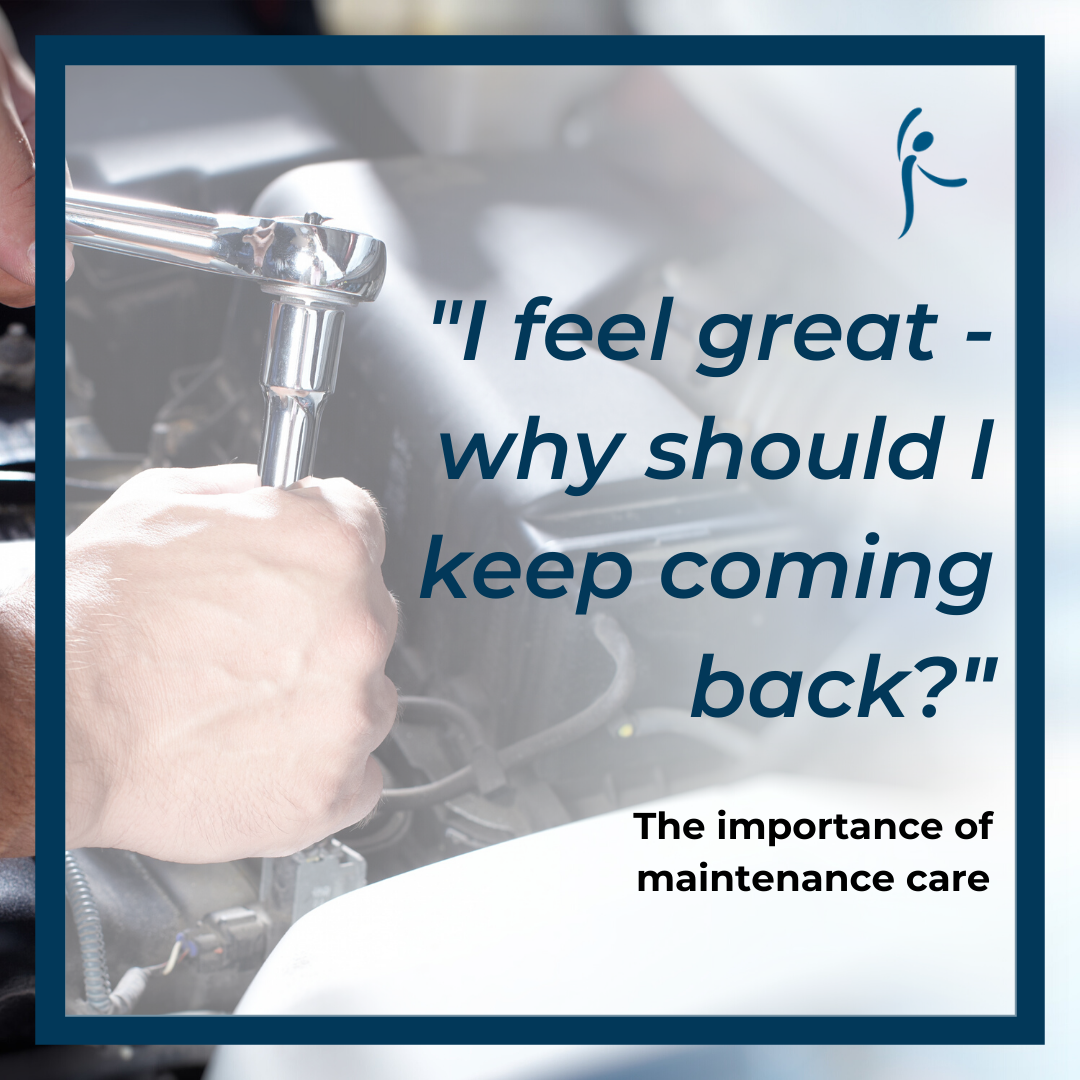
This is a very common question that we run into with patients—they will joke or roll their eyes and say something like, “Once you see a chiropractor, you have to keep going forever!” This comment is worth exploring, so let’s focus on three important concepts that play into this notion.
Read more: I feel great, so why do I have to keep coming back?
Travelling tips that aren’t a pain… in your neck!
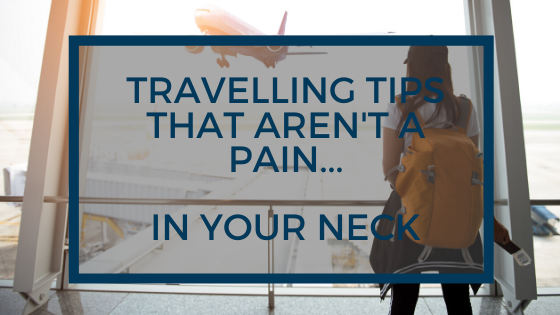
Whether for pleasure or work, many of us use airplanes to get to our destinations. A review of statistics from 2018 reveals that in Canada alone, just over 159 million passengers got on and off airplanes that year! Sitting in tight quarters for hours at a time is one thing, but add in sleeping in different beds, hauling heavy bags around, and having a different daily routine results in many people returning with a sore neck and back.
While most airplane seats are not designed with the ergonomics of your spine in mind, there are a few things you can do that might make your next flight a little more comfortable:
Read more: Travelling tips that aren’t a pain… in your neck!
[Infographic] Why a concussion management team is important for post-concussion recovery

If a beloved friend or family member told you they had been in an accident, you’d encourage them to get help, right?
Read more: [Infographic] Why a concussion management team is important for post-concussion recovery
Why do I feel pain when I haven’t had an accident or an injury?
Why do I feel pain when I haven’t had an accident or an injury?
Many people, health care practitioners included, believe that pain and injuries are synonymous: where there is pain, there must be an injury, and if there is no is pain, then there is nothing to worry about.
Read more: Why do I feel pain when I haven’t had an accident or an injury?
5 post-concussion symptoms you shouldn’t dismiss
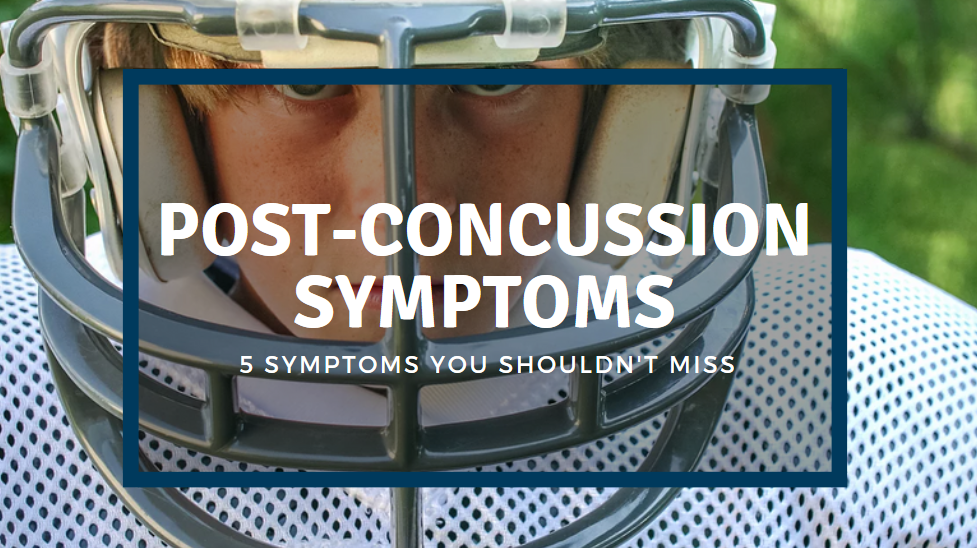
There are reasons why you should never underestimate concussions, regardless of how mild the injury may seem.
The darker side of blue light

What is “blue light” and what does it have to do with head injuries? Concussions, or really any type of head injury, can be a challenging injury to manage, particularly if it is chronic.
Concussions awareness and prevention day
I am really excited to share a recent development that is very near and dear to my heart. After seeing a patient suffering from the effects of a concussion, I realized that I did not know nearly enough on how to effectively care for their condition. This situation made me very passionate about concussion education and awareness and has led me to do a great deal of research on this topic.
Should my kids get checked?
We commonly get questions from our patients about treating children. Whether it’s a particular sign that a parent notices, or a concern for the pro-active prevention of issues that they themselves may be suffering from, parents often will inquire if they should get their children checked, and what exactly that process entails.
Intermittent Fasting
Diets and fads seem to come and go, and one of the newest “trends” to be making headlines is intermittent fasting. It is not so much a diet as it is a schedule of eating; it isn’t so concerned with what you are eating as it is with when you are eating. The most common schedule is a 16:8 rule in which you fast for 16 hours and eat only during an 8-hour window.
Misconceptions About Injury Management
If you’ve ever dealt with an injury, you know that the sooner it’s dealt with properly, the faster and more appropriately it will heal. When we are talking about the health of your spine and brain, this is even more imperative.


